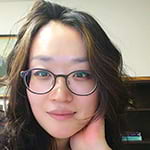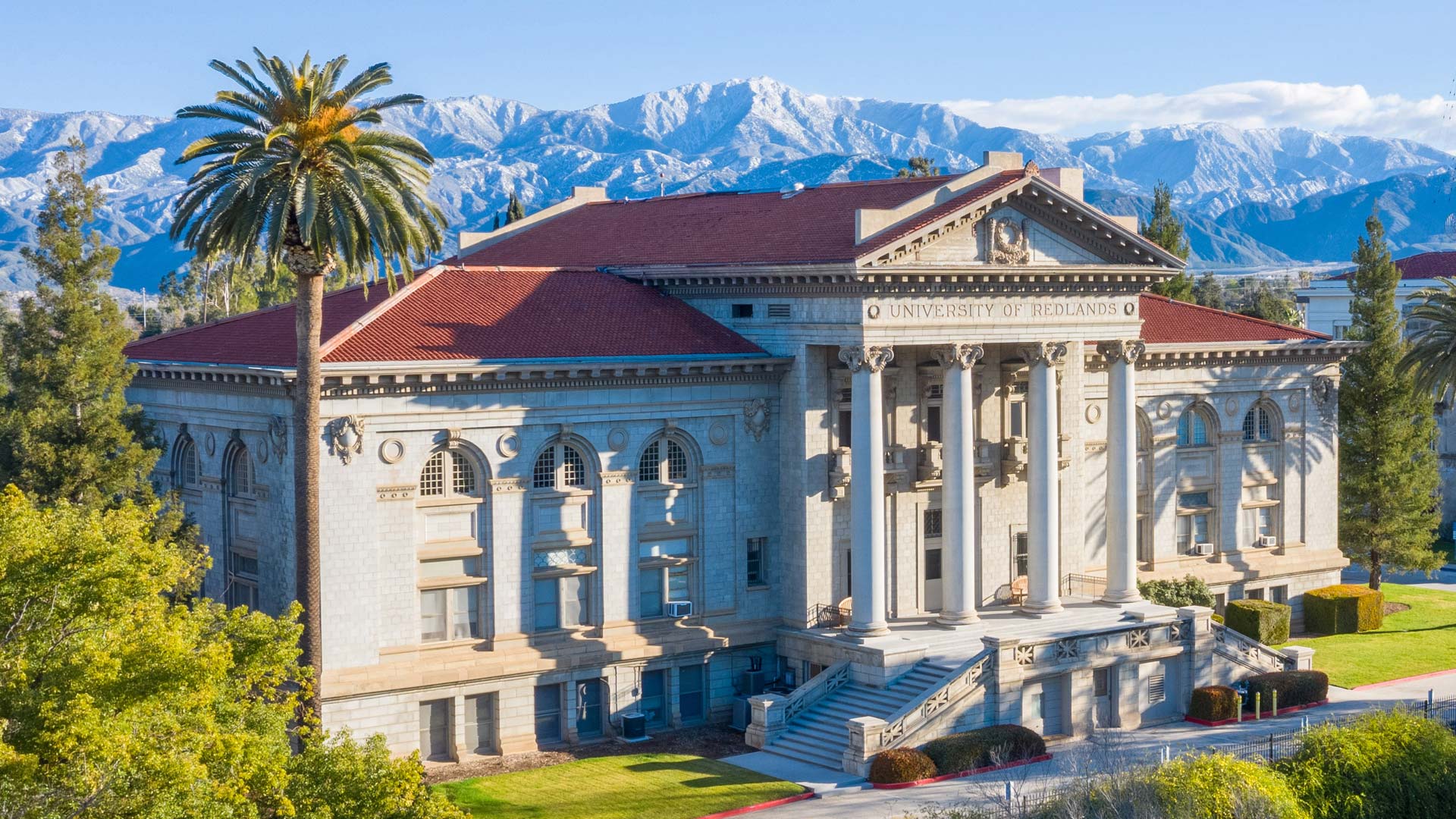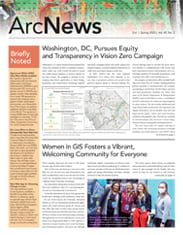Women have been cartographers far longer than anyone knows. For millennia, Indigenous women all over the world have been the locators and stewards of land and water—using spatial and mapping practices that researchers are now connecting to newer technologies, such as remote earth observation. In fourth-century China, the unnamed sister of a high-ranking official embroidered a map to protect it from wear and tear, according to geographer and historian Judith Tyner. And 16th-century Flemish cartographer Gerardus Mercator, who created the Mercator projection, reportedly employed a cadre of women as colorists on his maps.
Yet even today, when people’s gender identities don’t (or shouldn’t) preclude them from pursuing certain professions, it can be challenging and isolating to be a woman mapper. This is especially true for women who move to other countries to work in academia. Their gender identities intersect with new cultural expectations and experiences; the need, oftentimes, to speak another language; and—for many women working in the United States, at least—the presumptions surrounding their racial status as women of color.
For women geographers and geospatial scientists from other countries who are making their careers in the United States, a new program is available that offers a safe space for them to process and enhance their professional and personal experiences. Called Golden Compass, the program seeks to help participants achieve their career and leadership goals, create meaningful professional networks, and share their adventures and struggles of living and working in the United States.
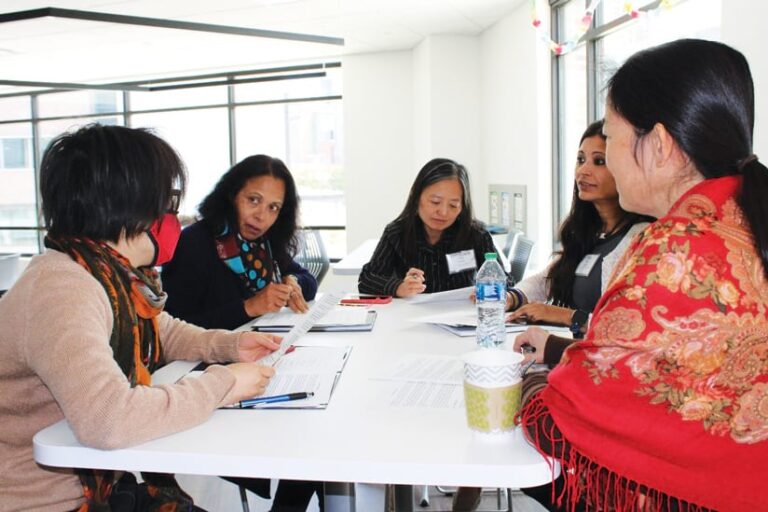
Founded on Lived Experience
Women geospatial scientists who are foreign nationals working in academia in the United States are a special group of scholars. They are likely women of color who speak English as a second (or third, or fourth) language. As qualified academic professionals, they have rich subject-matter expertise that can help advance the discipline. Yet many lack the social, economic, and cultural capital needed to fully take advantage of their talent and maximize their careers’ impacts.
As a woman geographer from South Korea who lives and works in the United States, I brought my lived experience to an inspiring program that I participated in two years ago. The Training and Retaining Leaders in STEM – Geospatial Sciences (TRELIS) program is an initiative of the University Consortium for Geographic Information Science (UCGIS) that is supported by the National Science Foundation and put on in cooperation with the University of Maine. TRELIS champions the professional development of women cartographers and GIS scientists through training and networking. I was a TRELIS fellow in 2021, and I got so much out of my experience that I created Golden Compass, a similar program specifically for foreign national women working in geography-related academia and living in the United States.
Golden Compass was initially funded by UCGIS and TRELIS through the Carolyn Merry Mini-Grant program. To create the organization, I collaborated with other TRELIS alumni, including Dr. Mônica Haddad of Iowa State University and Dr. Huyen Le of Ohio State University, as well as TRELIS leader Dr. Laxmi Ramasubramanian of San José State University. We supplemented the generous funding from TRELIS with support from organizations including the American Association of Geographers (AAG), the University of Northern Colorado, and the Korea-America Association for Geospatial and Environmental Sciences.
To attract attendees to the first Golden Compass gathering, held in 2022, we asked TRELIS alumni to nominate international women geospatial scholars who are faculty members at academic institutions in the United States. These nominees were then asked to apply to the program if they were interested in it. The 16 women who were selected to attend the first Golden Compass meeting were chosen for their expertise, faculty rank, and cultural background or national origin.
A Safe Space for Sharing
On May 21 and 22, 2022, an exceptional cadre of women geospatial scientists from around the world gathered at the University of Colorado Denver to participate in intensive and supportive discussions, presentations, and relationship-building exercises. The first day of Golden Compass focused on introductions, networking, and mentoring. Participants were asked to look back at their own career paths and share guidance and wisdom they had received from mentors who understood the unique experiences and challenges that foreign national women face as they strive to be leaders in the United States.
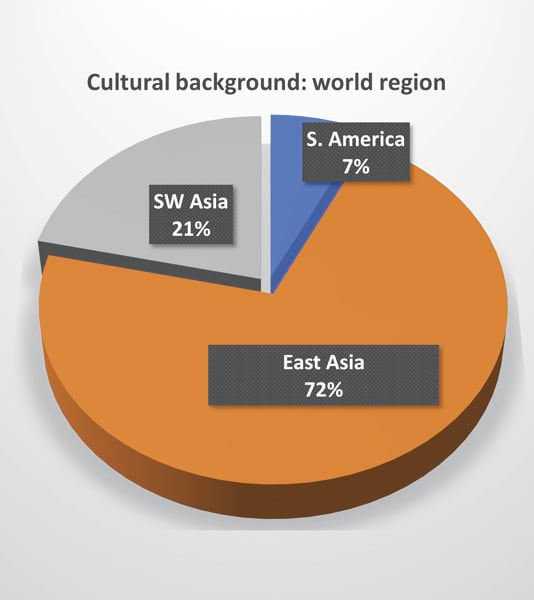
On the second day, in the beautiful space of the university’s Center for Faculty Development and Advancement, the group took an in-depth look at communication and language. We celebrated the linguistic capital in the room, noting how everyone could converse in several languages, yet acknowledged how nonnative speakers of English are often presumed to be incompetent. (For further reading on this, see Presumed Incompetent: The Intersections of Race and Class for Women in Academia, edited by Dr. Gabriella Gutiérrez y Muhs, Dr. Yolanda Flores Niemann, Carmen G. González, and Angela P. Harris.) The discussion encouraged participants to strategize about how to make themselves heard.
After that, esteemed speakers Dr. Vonu (Piyushimita) Thakuriah of Rutgers University, Dr. Justine Blanford of the University of Twente, and Dr. Kerry (Li) Fang of Florida State University guided participants in an exploration of several career trajectories and career planning topics. During this workshop, the speakers and participants covered how they got to where they are now, cultural differences between their home countries and the United States, obstacles they’ve faced while living and working in the United States, and lessons they’ve learned from mentors and mentees. The workshop employed several techniques to create a sense of trust, freedom to speak, and safety among participants, including paired discussion, role playing, interest group-based conversation, and the World Café method for group dialogue.
While my co-organizers and I built the space for Golden Compass to take place, the participants filled it with their own thoughts, views, experiences, and passions related to their academic careers and life in the United States. The flame of their enthusiasm for excellence was fierce to spread, and it inspires me to continue supporting women’s excellence and leadership in higher education, especially in my beloved discipline of geography and geospatial science.
Continued Support for a Special Group
The first Golden Compass workshop succeeded for two reasons. First, it centered on encouraging a trailblazing group of scholars in accomplishing their personal and professional endeavors. Second, the workshop created a safe, supportive community for everyone who participated in it. In fact, all attendees of the inaugural 2022 workshop signaled an interest in continuing to support other international women scholars who work in geography and geospatial science at US academic institutions.
My co-organizers and I are now in discussion with several professional organizations—including UCGIS, AAG, the Association of Collegiate Schools of Planning, and the National Center for Women & Information Technology—to create a working group or steering committee that will generate systemic support for international women scholars who are faculty members and postdoctoral researchers at US institutions. Additionally, we are working to share the successes of the first Golden Compass workshop to attract more support for these exceptional women scholars.
